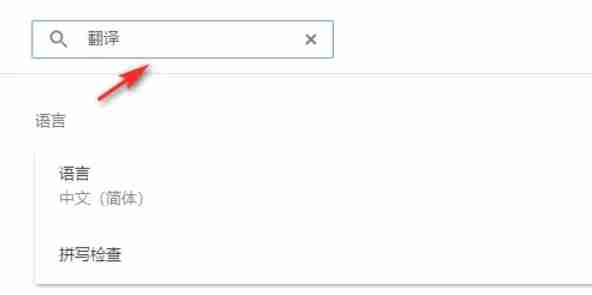Master the Art of Google Chrome's Webpage Translation: A Step-by-Step Guide
Tired of language barriers hindering your web browsing? This guide provides a comprehensive walkthrough of Google Chrome's translation features, enabling seamless navigation of multilingual websites. Learn how to translate entire pages, selected text, and customize your translation settings for an optimal experience.
Step 1: Accessing the Settings Menu
Locate and click the three vertical dots (or three horizontal lines) in the upper right corner of your Google Chrome browser. This opens the main menu.

Step 2: Navigating to Settings
In the dropdown menu, select "Settings." This will open the browser's settings page.

Step 3: Locating Translation Settings
At the top of the settings page, you'll find a search bar. Enter "Translate" or "Language" to quickly filter the options and locate the translation settings.

Step 4: Accessing Language Preferences
Once you've located the relevant section (usually labeled "Languages" or "Translation Services"), click to expand the options.
Step 5: Managing Languages
In the language settings, you'll see a list of supported languages. Use the "Add languages" option to include any languages you frequently encounter. You can also manage existing languages here.

Step 6: Enabling Automatic Translation
Crucially, ensure that the option "Offer to translate pages that aren't in a language you read" is enabled. This ensures Chrome automatically prompts you to translate pages written in languages other than your default.
By following these steps, you'll unlock the full potential of Google Chrome's translation capabilities, making your online experience more efficient and enjoyable.



















